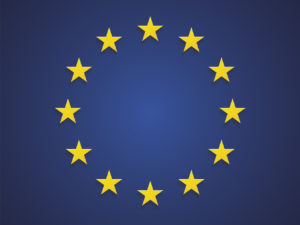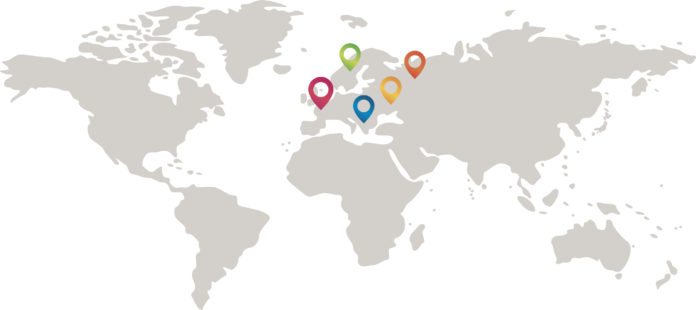Europe’s uniqueness is that investment is spread across the continent, demonstrating the potential of start-ups in every region, as well as the development of hubs that support entrepreneurship. France and Benelux was the largest region for venture capital investment with EUR 3.4 billion invested in 2020, echoing the trend for all private equity. The UK and Ireland as well as DACH follow closely after, receiving EUR 3.6 billion and EUR 3.1 billion respectively. Finland, however, received the most investment in proportion to GDP, followed by the UK, the Netherlands, Sweden and Hungary. Venture capital is an increasingly important source of investment across Europe, with 2020 outstripping the five-average as a percentage of GDP in almost every country.
 Tech and biotech leaders
Tech and biotech leaders
Investment is building European tech and biotech leaders and driving returns for investors. But it is also clear from our research that venture capital is an engine for growth, and that growth is an engine for social benefits – namely job creation. Across Europe, venture capital firms supported an estimated 1.1 million jobs at start-ups in 2019, according to the latest edition of our Private Equity at Work report. We studied almost 4,300 venture capital backed companies and found that they created some 48,000 net new jobs in 2019, an increase of 15% on the previous year! Job creation gives us a different – and equally valuable – insight into the development of venture capital across Europe. We can see the regions and sub-regions that are creating jobs most rapidly, as well as the industries that are hiring staff at the highest rate.
Small and mid-cap business
Some 97% of companies backed by venture capital are SMEs employing fewer than 250 employees. These fast-growing businesses are the backbone of the European economy and therefore crucial to its recovery. Across Europe, the strongest job creation was in ICT, up 14% in 2019. Both energy and the environment as well as biotech and healthcare added 8% more jobs, highlighting Europe’s leading role in tackling emissions and developing green energy, as well as advances in pharma and healthcare.
Employment in Europe
The Île-de-France was the largest subregion for SME employment in Europe with over 100,000 jobs, followed by London at over 65,000 and Berlin with almost 30,000. But rapid growth is observable across the continent, with DACH one of the most dynamic regions. DACH SMEs created 14% more jobs in 2019, with companies in the fastest-growing subregions – Saxony-Anhalt, Brandenburg, Hamburg, Vienna and Zurich – all adding over 20% more employees. Jobs follow investment, so increased investment across Europe in 2020 in the face of the intense challenges caused by COVID-19 is a good sign for future job creation – and job creation is good for future investment, as people fuel productivity and innovation that can take companies to the next level.
Progress further and faster
 Research conducted by Invest Europe alongside the European Investment Fund in 2019 found that venture capital investment helped start-ups progress further and faster than their counterparts, particularly in terms of overall assets and intangibles: the patents and other intellectual property that are a measure of innovation. One particular segment identified in the study of companies between 2007 and 2015 increased intangibles by 534% over four years! A concentration of these companies was found in the UK, as well as Poland, Latvia, and Denmark.
Research conducted by Invest Europe alongside the European Investment Fund in 2019 found that venture capital investment helped start-ups progress further and faster than their counterparts, particularly in terms of overall assets and intangibles: the patents and other intellectual property that are a measure of innovation. One particular segment identified in the study of companies between 2007 and 2015 increased intangibles by 534% over four years! A concentration of these companies was found in the UK, as well as Poland, Latvia, and Denmark.
Outlook
If these data are impressive, then so are some of the innovations. Netherlands-based Solynta is developing potato seeds that reduce costs and crop losses for farmers in developing countries, while Berlin-based InFarm is creating vertical urban farms that drive down food-related CO2 emissions. These companies are part of a European venture capital ecosystem that is growing in every region across the continent and drawing more capital from domestic and international investors as returns improve. They also show the potential of European start-ups to develop world-class technology, as well as venture capitalists’ ability to help them grow into world-class businesses that will fuel Europe’s recovery and have an impact far beyond Europe’s shores.
About the author:
Eric de Montgolfier is CEO of Invest Europe, the association representing Europe’s private equity, venture capital and infrastructure sectors, as well as their investors.





